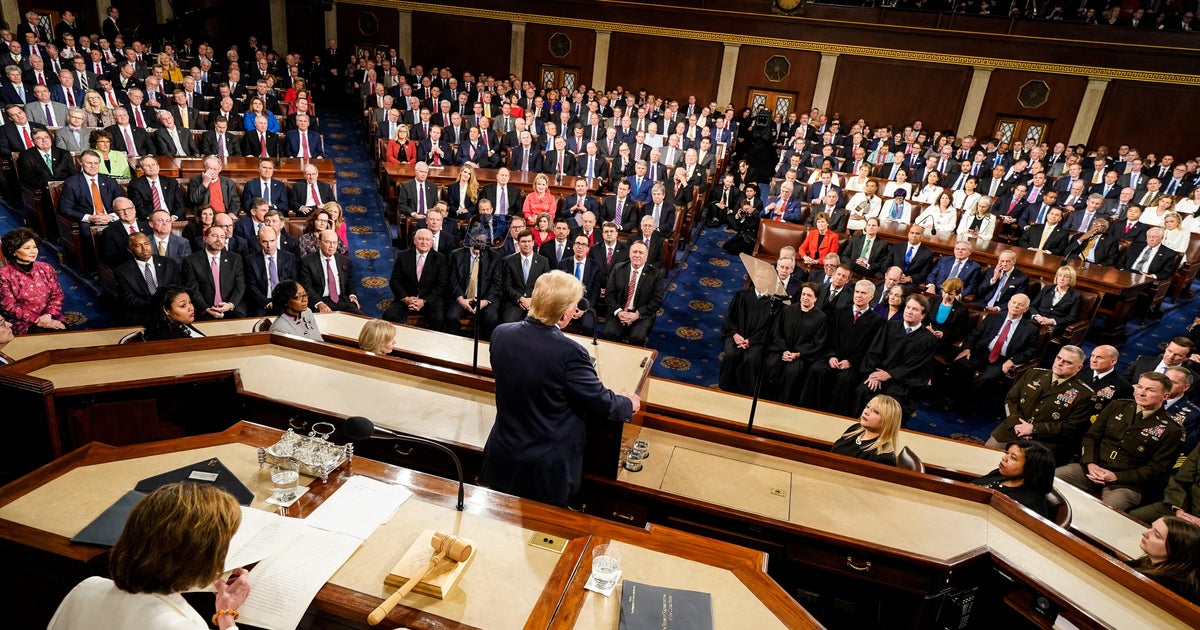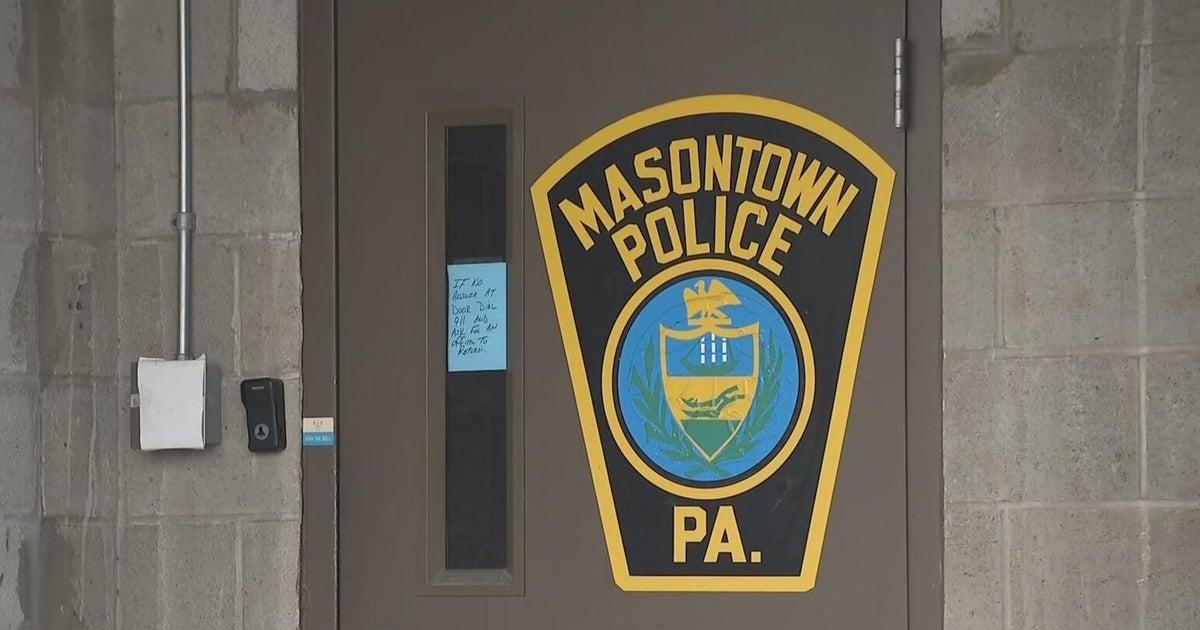Illinois Senate Rejects House Pension Reform Plan
SPRINGFIELD, Ill. (AP) — A pension reform plan pushed by the Illinois House speaker failed miserably in the Senate on Thursday night, one of two messages Senate President John Cullerton's backers sent to his fellow Chicago Democrat on the eve of the Legislature's scheduled adjournment.
The Senate's overwhelming rejection of House Speaker Michael Madigan's fix for a $97 billion retirement-plan crisis leaves lawmakers heading into their final day in the Capitol on Friday with the state's most pressing crisis continuing to stare them in the face.
The 16-42 vote came hours after a group of public-employee unions tried to swing support behind a labor-endorsed proposal that has Senate support. They pointed to a report that touted the discovery of $26 billion of additional savings in the Cullerton plan -- counting health care cost reductions -- that they say put it ahead of the Madigan proposal in terms of money saved.
Despite knowing there weren't enough votes to pass the Madigan-backed measure in his chamber, Cullerton emerged from a closed-door meeting of his Democrats and moved to the floor for a roll call.
"The speaker passed the bill, and he should have a vote on it," Cullerton told The Associated Press. "I wish he'd do the same for me."
Madigan has not called a vote on Cullerton's Senate-approved solution, a bill Cullerton believes would survive a court challenge while his fellow Chicago Democrat's would not. Cullerton said the speaker gave him cryptic responses about whether his measure would get a House vote.
But Senate Democrats railed against the plan. Sen. Linda Holmes said it reneges on promises made for decades to state employees and will be struck down as unconstitutional.
She said supporting the idea would be irresponsible. "Maybe Illinois is in such bad straits that the courts will say, `Go ahead and do this. Cheat the people who you made promises to because, yeah, you're sort of in a fiscal mess,"' the Aurora Democrat said. "That is not the way we're supposed to make laws."
Gov. Pat Quinn, who supports the Madigan bill, said in a statement, "The people of Illinois were let down tonight."
The study by the We Are One Illinois coalition of unions, released early Thursday, was a second message from Senate backers. It estimates that if half of employees and retirees forgo post-career health insurance as part of Cullerton's legislation, the state's $52 billion debt in two health insurance programs would be cut in half.
Cullerton's plan essentially offers each beneficiary a choice: give up annual compounded cost-of-living increases to their retirement pay or access to state-subsidized health care. Unions believe it's fairer, and Cullerton argues it has a better chance of survival than a more-restrictive one in the House that offers no such choice.
Advocates hoped the study would be a game-changer, arguing that by answering the cost question it eliminates the biggest apparent pitfall to Cullerton's plan. But with just a day left before adjournment, the House sponsor wasn't conceding anything in a fierce debate over how to solve the worst-in-the-nation pension crisis.
Northbrook Democratic Rep. Elaine Nekritz acknowledged the new study but said long-term cost reductions of her plan, favored by Madigan, far outpaced the Cullerton measure and that it "provides certainty, predictability and a sufficient solution."
The report came on a day when both chambers inched forward on the issue's edges. The House prepared legislation to impose Madigan's so-called "cost shift" of partial employer pension payments to community colleges and universities. The state pays them now.
Based on an analysis commissioned by the Senate, Nekritz and her colleagues estimate that the $97 billion pension liability would drop by $21 billion under the House plan, and less than $6 billion under Cullerton's proposal.
The Cullerton camp now says their measure saves more because they are adding $6 billion to a $26 billion cost reduction in health care, based on the Nekritz assumption that half of state government workers and retirees would choose to give up health coverage.
Steve Kreisberg, health policy director for the American Federation of State, County and Municipal Employees in Washington, D.C., conducted the We Are One coalition's analysis. He acknowledged that health care coverage, according to an Illinois court ruling that's been appealed to the state Supreme Court, doesn't enjoy the same protected status as pensions.
"There's also a moral obligation as well," Kreisberg said. "If people work their careers under a certain set of understandings and circumstances, they're going to make a claim that this is deferred compensation and you owe it to me."
Nekritz spent Thursday putting together a separate piece of the pension puzzle -- ending what Madigan calls the "free lunch," but so far, only for community colleges and universities, not elementary and secondary school districts.
The House adopted the idea 60-55. It would require higher educational institutions, which have agreed to a phased-in program, to pay half of 1 percent of payroll costs toward pensions annually beginning next year until all costs are shifted from the state. Republicans fear it will result in higher local property taxes.
The Senate approved parts of a new state budget and sent them to Quinn on Thursday. The $35.4 billion general-revenue spending plan avoids spending cuts to education for the first time in at least four years.
(© 2013 by STATS LLC and Associated Press. Any commercial use or distribution without the express without the express written consent of STATS LLC and Associated Press is strictly prohibited.)







